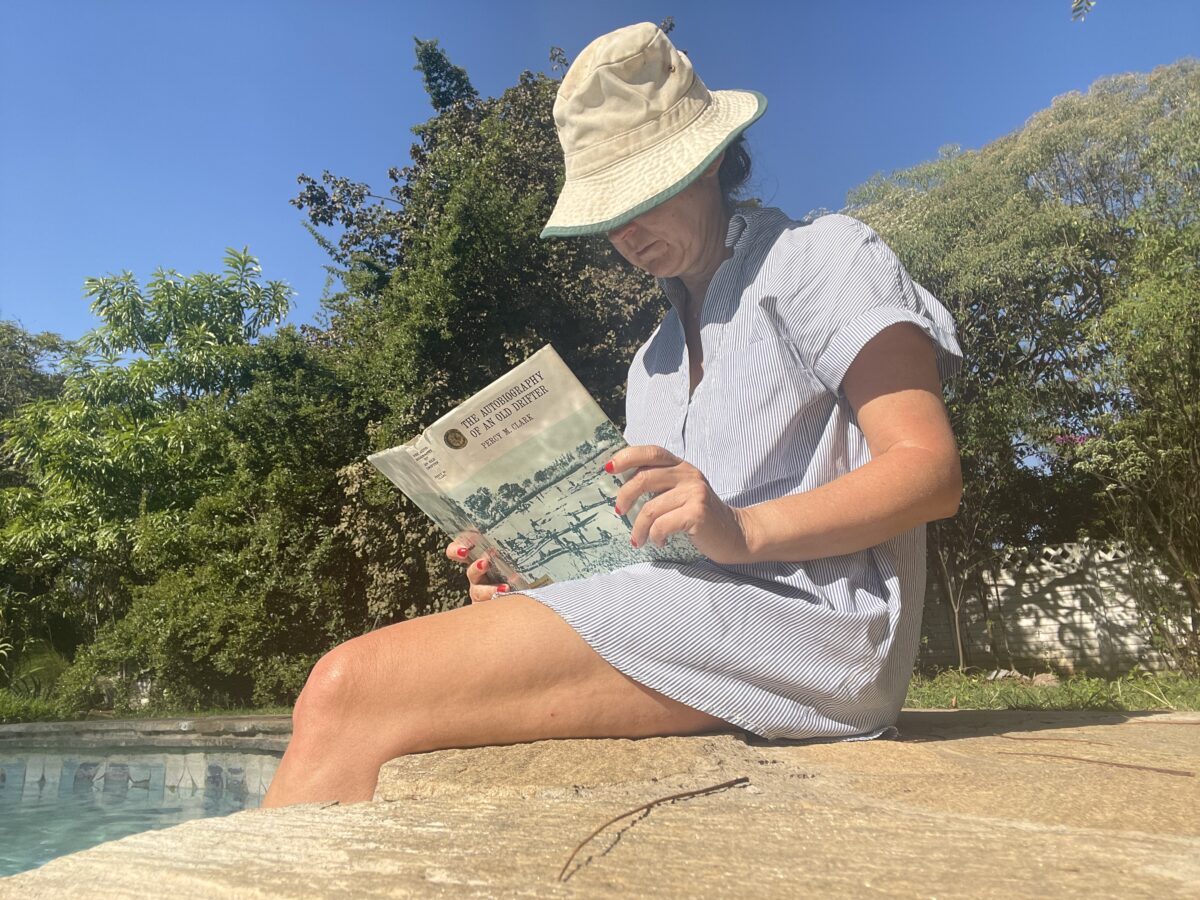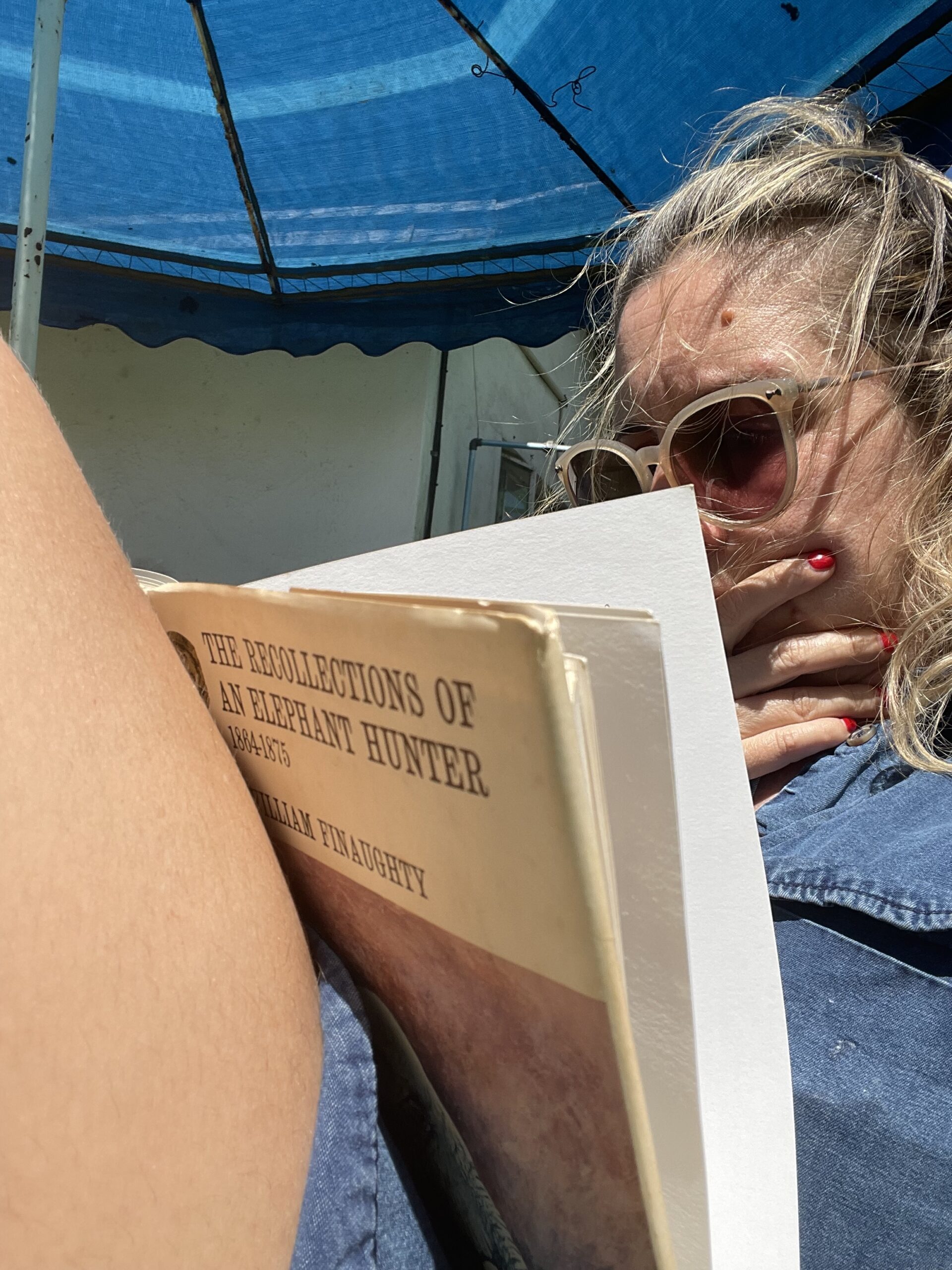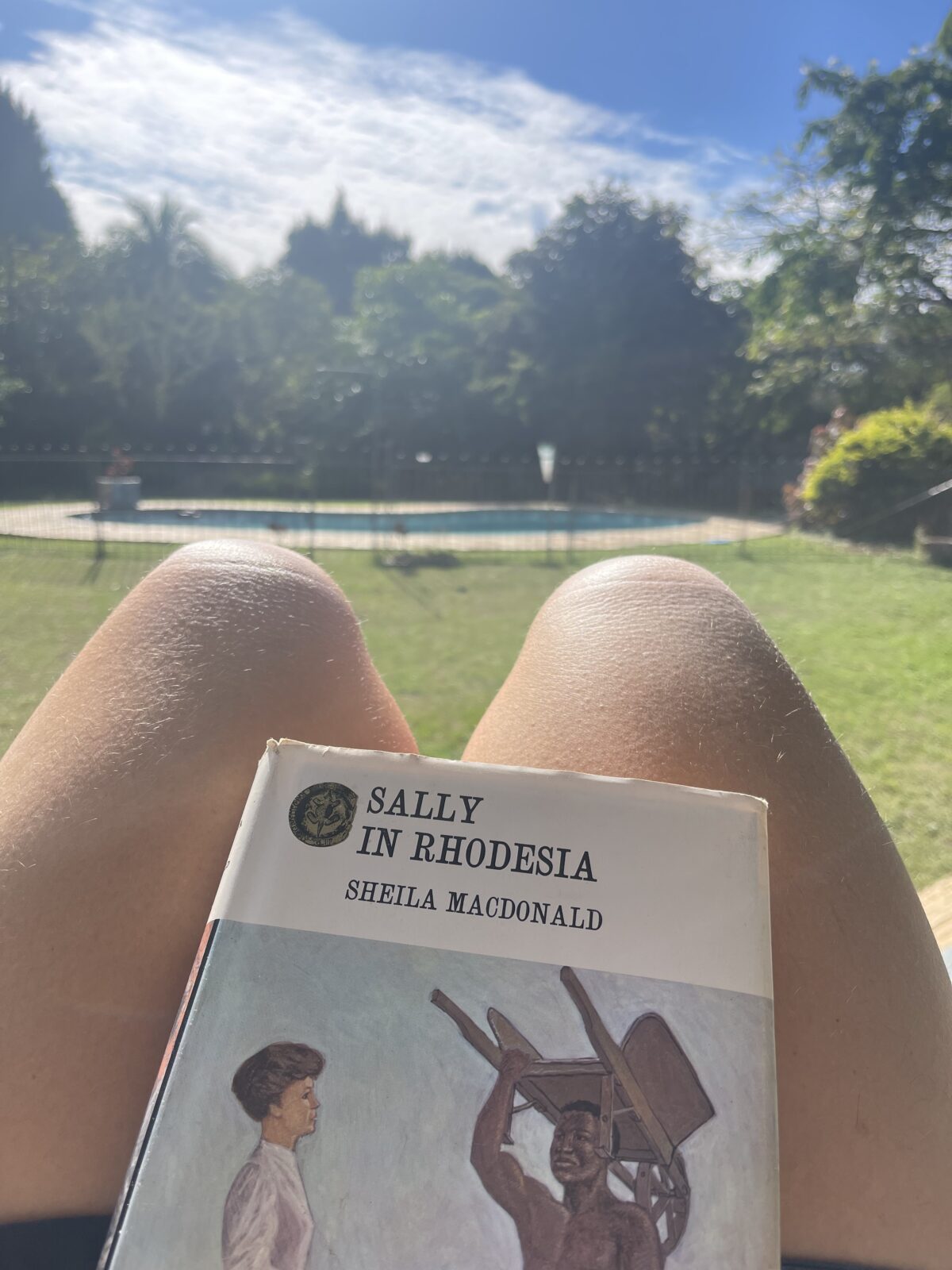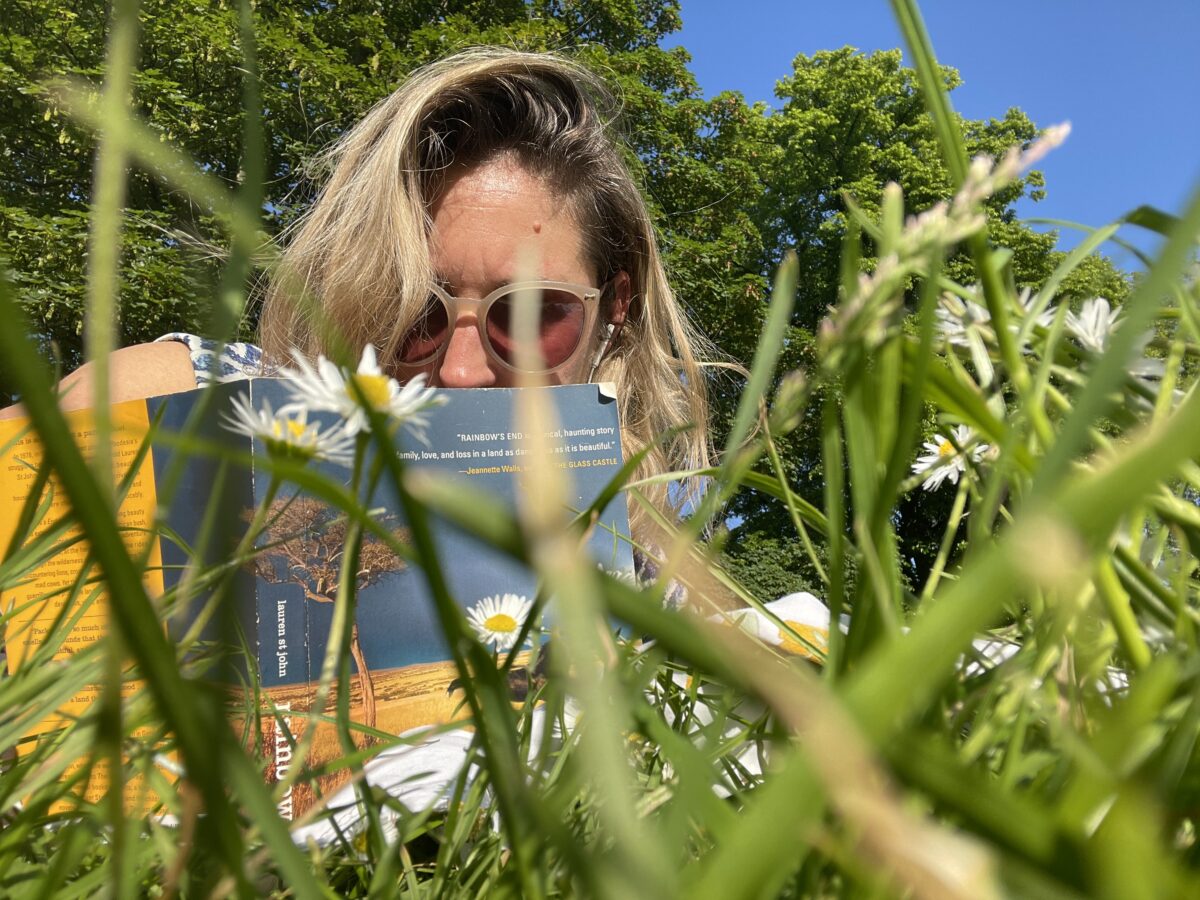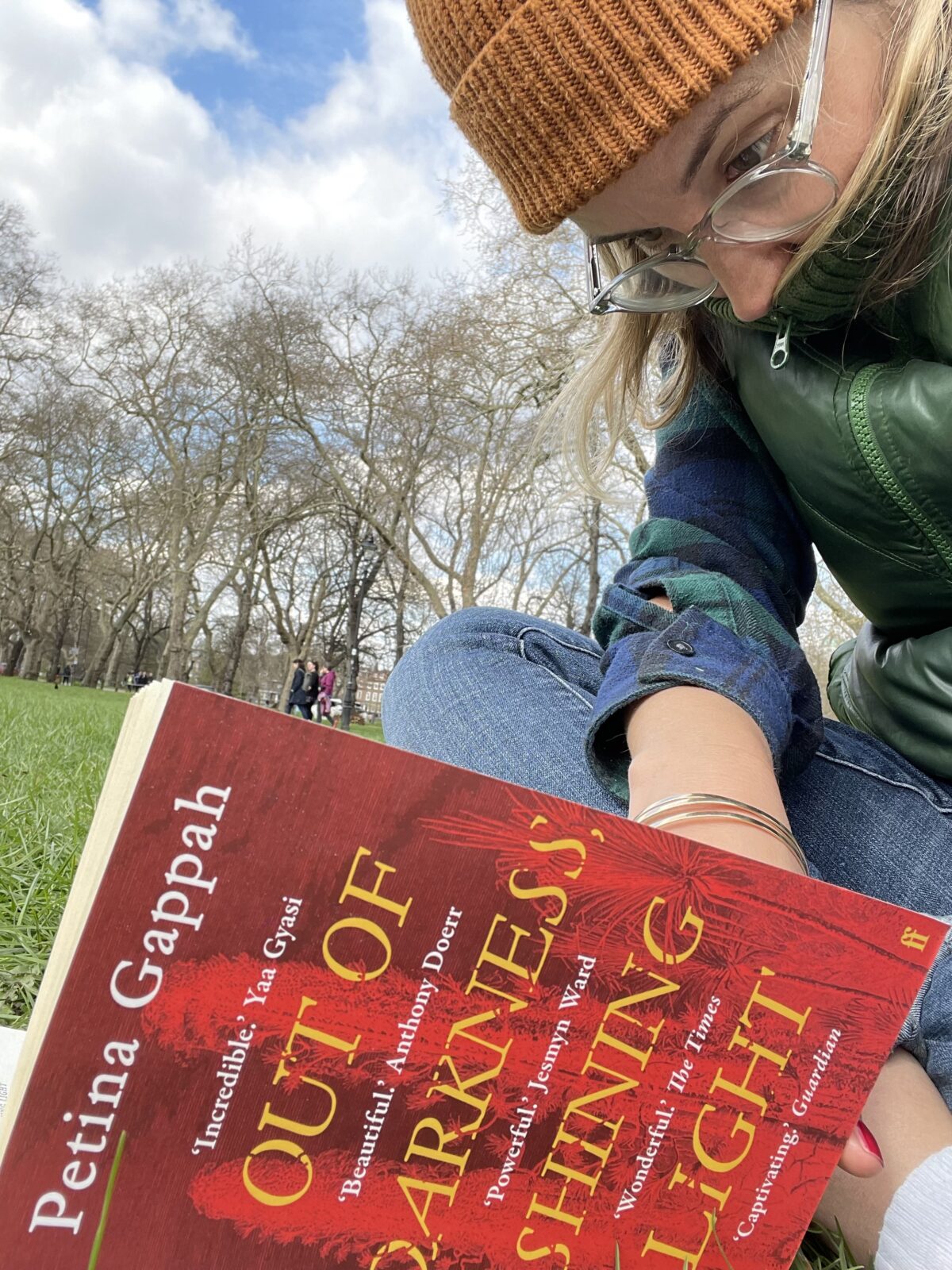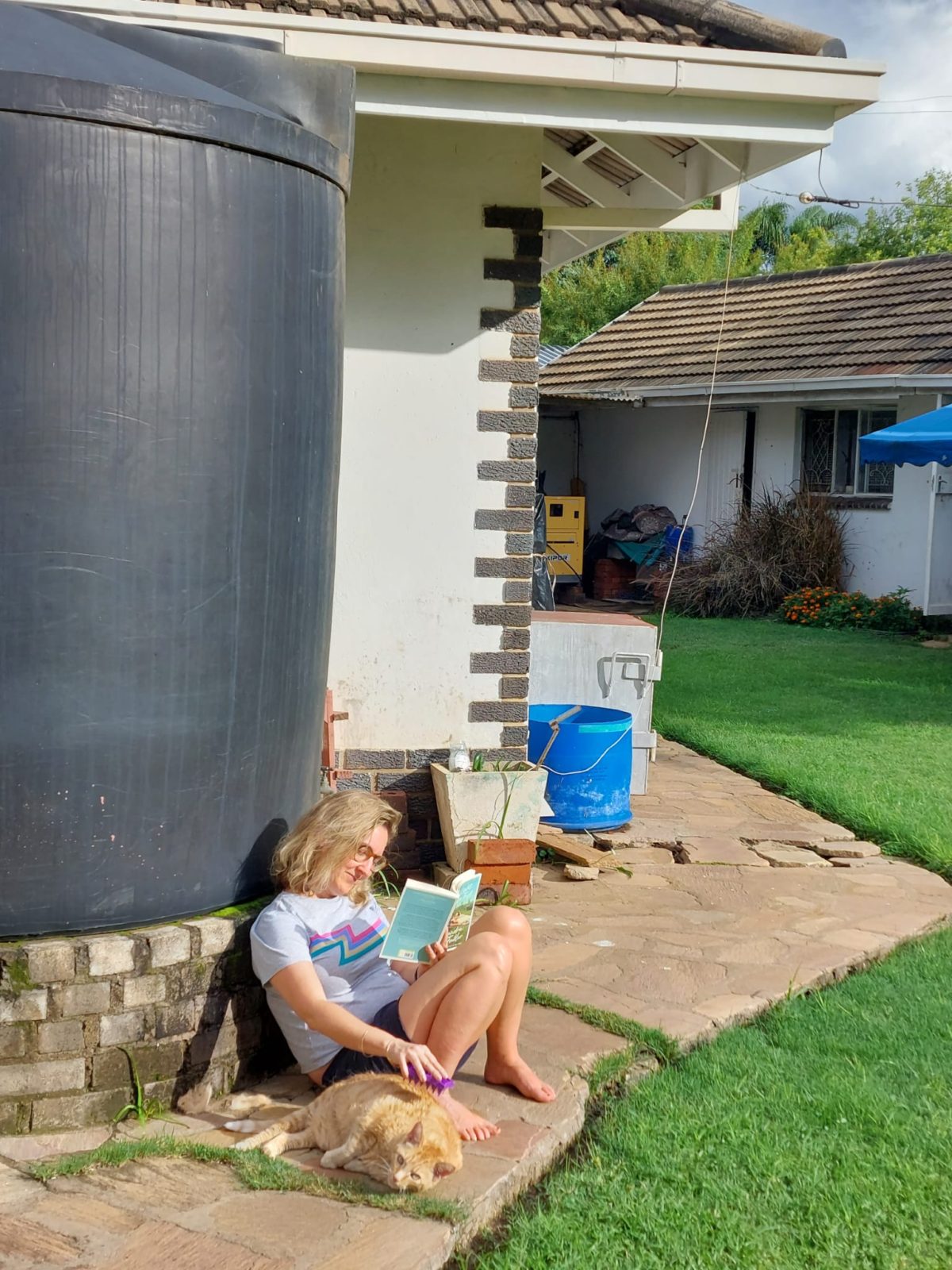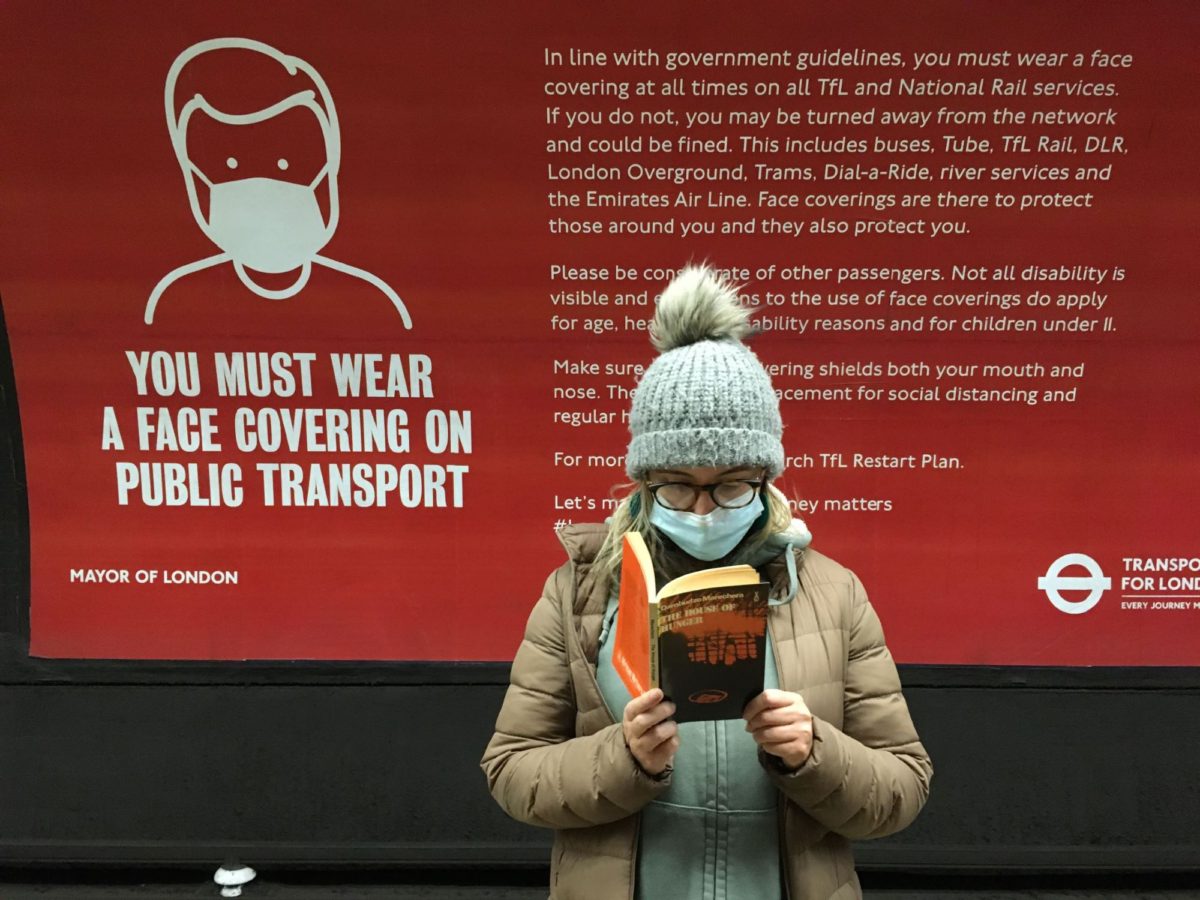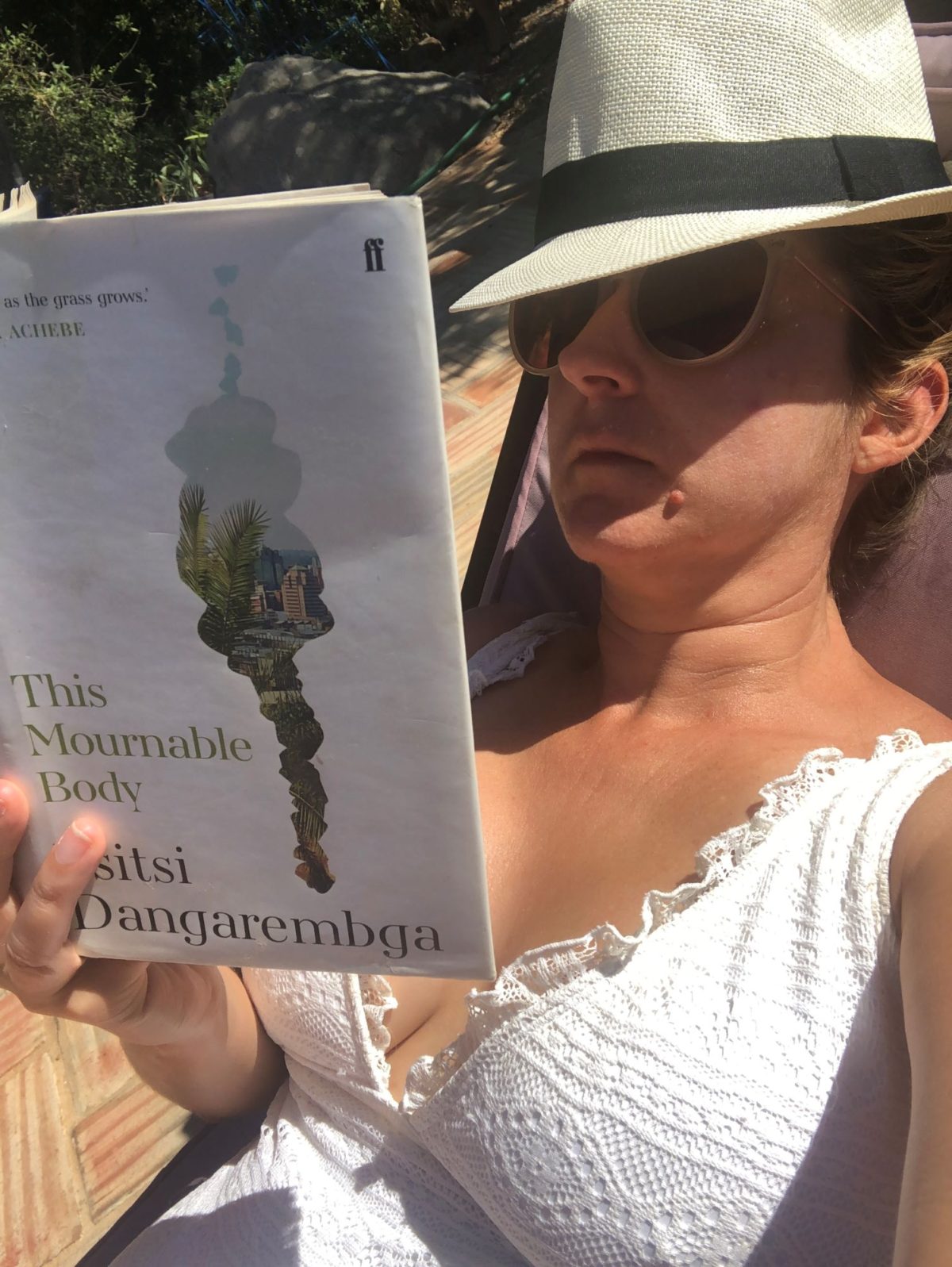Clearly I did not really understand what total ballers some Victorian woman were. This book is the first-person account of some young nurses who decided to come to Mashonaland in the 1890s, and it is some hair-raising stuff. I thought they were all at home wearing corsets and having vapours, but apparently not.
This was when Florence Nightingale had made nursing acceptable for Victorian women, and what I got from this book is that girls who wanted out grabbed this opportunity with both hands. In this case, the nurses are asked to go to Mashonaland when there is no road or train, and after various efforts by boat, (and being abandoned by the Bishop), they get tired of waiting and decide to walk – from Beira! Here is a discussion with the various men telling them not to try it:
No women he had known had ever walked in Africa; even men found it trying, and sometimes died on the way. We told our excellent advisors that we could only die once, and that dying was just as disagreeabale in a room as on the veldt. If women had never walked in Africa there was no reason why they should not begin
It’s an extraordinary walk, and when they get there the hospital is hardly a hut. They spend two years dealing with ‘fever’ (I assume malaria?), and with all kinds of other wild problems, lions, etc. One of them finds someone to marry. I liked this line:
Africa is the land of the unforeseen. . . ‘Questions,’ ‘wars,’ ‘difficulties’ spring up at an instant’s notice.
So true still today, though we call them ‘challenges.’ So tough are the conditions that when the next batch of nurses arrive to take over (a road having been built) half of them turn around and go back to Beira!
An amazing story of people leading big crazy lives against the odds.

